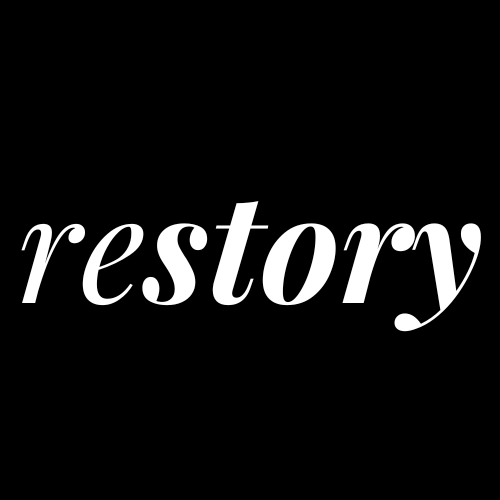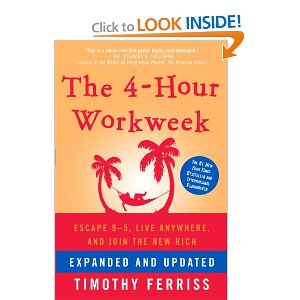Last weekend, I read The Four Hour Work Week by Timothy Ferriss. I’ll spend today, tomorrow and Wednesday sifting through it, as this helps me process what I’ve read.
First, I’ll say, as a writer, I could never have a four hour work week. I have to write, and what I write takes much more than four hours. With blogging, book deadlines, articles, guest blogs, and marketing copy, it would be impossible to shrink that somehow to fit into four hours. Nonetheless, I did have some great takeaway from this book, actual practical things I will do and try.
One of the best things I learned was the importance of routinely taking information fasts. There is just far too much information in this world, and I could spend hours sifting, reading and digesting. Surfing the Internet and checking emails is a time killer. Ferriss calls this the Low Information Diet. It takes discipline, but it is possible. This kind of diet frees up hours of time. He suggests using Freedom to limit your online time so you can do more work. He also encourages workers to check email rarely, but to start with twice a day only.
He also shares an important economic principle from Vilfredo Pareto (1848-1923). His view was what’s now called the “80/20 Principle.” He extrapolated that 80% of the wealth belonged to 20% of the people in a given population. Ferris nutshells this by writing “80% of the results come from 20% of the effort and time.” Practically this means that as we evaluate our workloads, we can often eliminate the 80% of superfluous work, and keep the 20% that creates the most output.
In light of this, Ferriss asked himself some pointed questions:
“Which 20% of sources are causing 80% of my problems and unhappiness?” and “Which 20% of sources are resulting in 80% of my desired outcomes and happiness?” After applying this 80/20 principle, he was able to eliminate the tasks which produced stress and unhappiness and spend more time on the 20% that merited the best results.
This has helped me think through my ROI (return on investment) on things like blogging, social media, favors, etc. It’s important we look at these things critically so we’re best able to have better output. Now, all this of course comes with a caveat. God trumps the 80/20 rule. If He asks me to sacrifice my time for the sake of my family and friends, then I need to do that. Obviously. Our lives cannot be so scientifically split apart so that we always have perfectly high output. People are more important than tasks.
Even so, as I struggle with arm/shoulder/wrist/hand issues, I’ve come to the conclusion that I have to do something to create more output in a shorter amount of time, or I will permanently injure myself. So fasting from surfing, scheduling my email time, possibly using the Pomodoro technique, and taking a hard look at the 80/20 rule, may just help me recover and live a more balanced, happier work life.
Q4u:
What about you? How have you increased your work efficiency? Have you read this book? What was your takeaway?


0 Comments